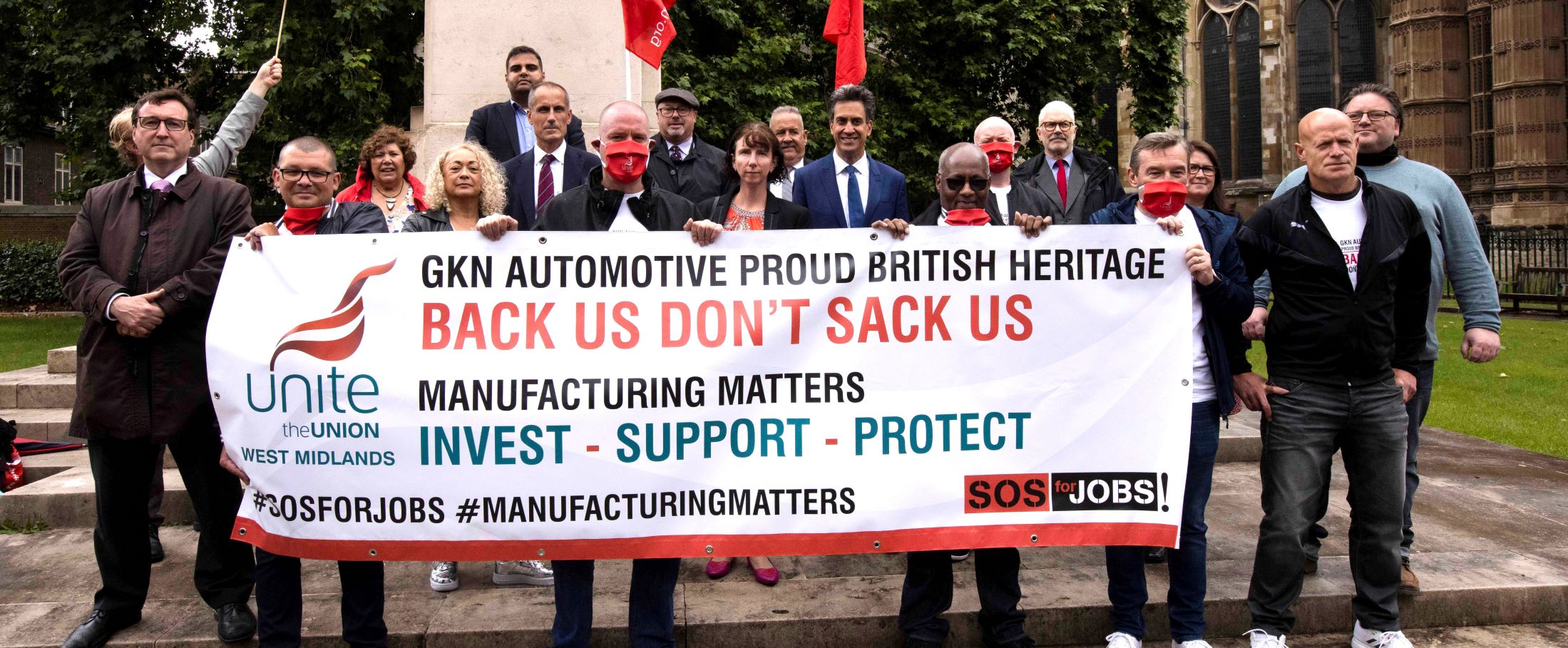‘Stark reminder’
Driven by continued Brexit uncertainty, employment in manufacturing has continued to shrink at record levels as the sector as a whole contracts, according to the latest figures.
A snapshot of UK manufacturing published each month by IHS Markit/Cips found that the headline purchasing managers’ index (PMI) fell from 49.6 in October to 48.9 in November. Anything below 50 indicates contraction instead of expansion.
The latest data also shows that UK factories are shedding jobs at the fastest rate in seven years, with employment in manufacturing falling for the eighth month in a row. New orders have also fallen for seven successive months.
IHS Markit Rob Dobson said continued Brexit uncertainty was to blame for continuing dismal figures in the sector.
“November saw UK manufacturers squeezed between a rock and hard place as the uncertainty created by a further delay to Brexit was accompanied by growing paralysis ahead of the forthcoming general election,” he said.
“Destocking at manufacturers and their clients following the latest Brexit delay was a major contributor to the weakness experienced by the sector.”
Commenting on the latest figures, Unite assistant general secretary Steve Turner said they were “a stark reminder of the ongoing serious challenges facing the UK manufacturing sector”.
“Continuing Brexit uncertainty and the government’s refusal to rule out a catastrophic ‘no deal’ Brexit from the European Union, alongside government failures to develop any form of industrial strategy is driving UK manufacturing off a cliff edge,” he said.
“Once again it is workers, their families and working class communities paying the price of government failure with their jobs, wages and long term security as we drift closer towards a zombie economy.
“The UK’s manufacturing sector is going to struggle until Brexit is resolved with a strong long term relationship with our largest trading partner, including a customs arrangement and frictionless, tariff free trade being guaranteed,” Turner went on to say.
The latest manufacturing figures come just weeks after Unite launched its manufacturing strategy at the union’s sixth sector conference in November.
The long-term industrial plan, developed by Unite shop stewards across all five of the union’s manufacturing sectors, provides a route map for industry.
At the heart of the strategy is the need for a sustainable manufacturing sector based on an ambitious 10 point plan that includes investment, defending foundation industries and crucially, a demand that we â€Build local – Buy UK’, supporting jobs, skills and communities relying on a strong manufacturing sector.
Turner reiterated the need for such a plan after this week’s latest manufacturing figures.
“Beyond Brexit, any genuine government led industrial strategy must lead to direct investment, intervention and support for UK Plc that protects jobs, skills and communities alongside our regional and national economies,” he said.
 Like
Like Follow
Follow
